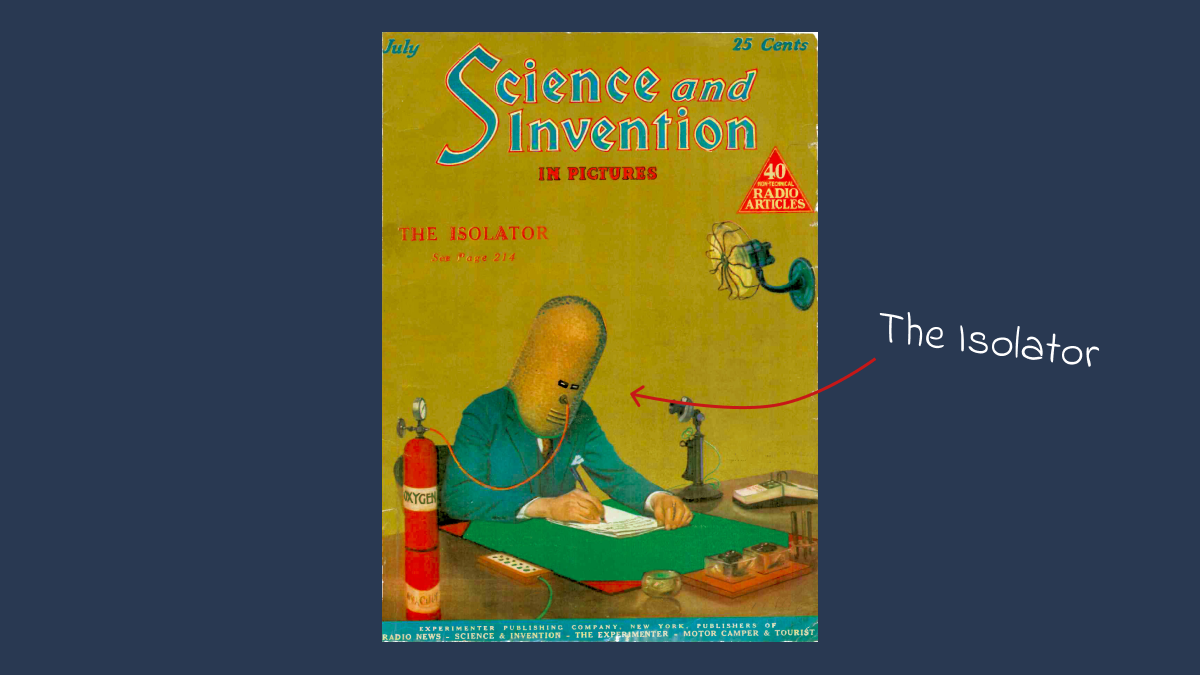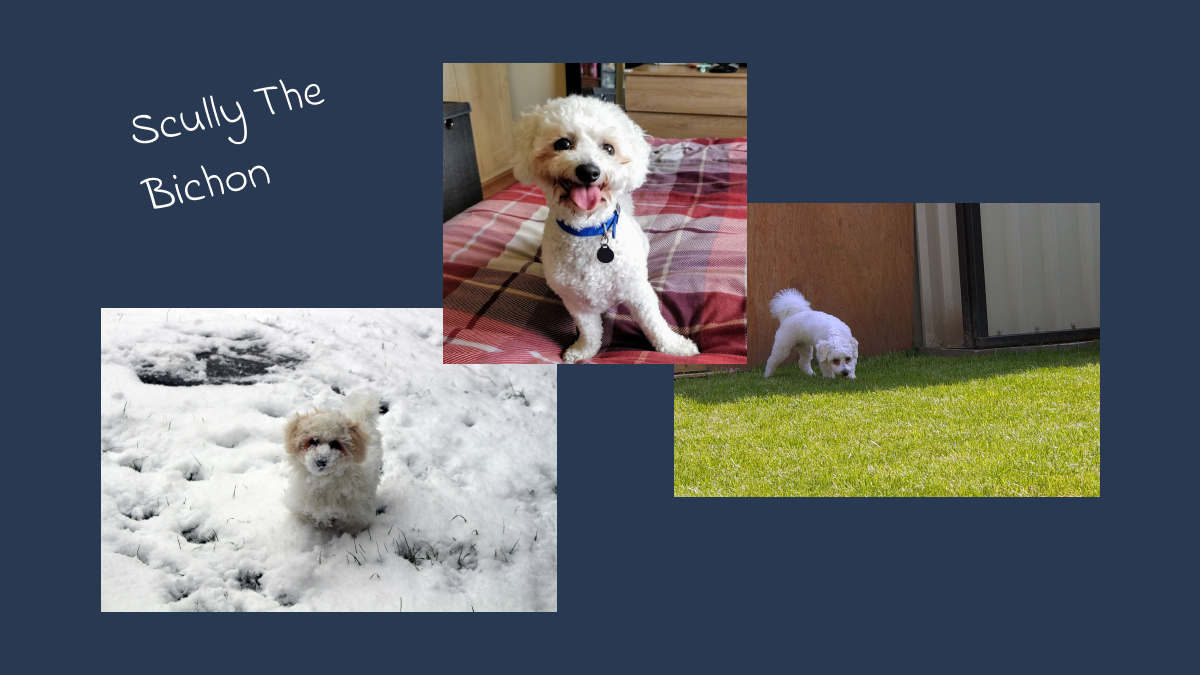When eliminating distractions is a bad thing
This article was re-posted from my weekly newsletter. Want to read it a week early? Subscribe to Design Insight.

This is “The Isolator”, an anti-distraction device created in 1925. It was designed to allow users to “concentrate with ease upon the subject at hand” by making it “almost impossible to see anything except a sheet of paper in front of the wearer”.
Sometimes I feel like this is how I’m living my life. Only focused on the task at hand and always eliminating any potential distractions.
Lately, I’ve come to learn that’s not always a good thing. I mean, how many things do we experience in everyday life that we simply forget or don’t pay attention to for the sake of more productivity?
I’m forgetting what I did during the week!
I ring my Mom most Thursdays after work to say hello and I can’t tell you how many times I forget what I even did that week!
Why is that? Is everything I’m doing very mundane or am I just not paying attention to what’s around me? Or is my brain turning to mush.. hmm maybe that option…
With actual tasks and projects, it’s second nature to me to organize it all on a list or add it to a project plan so it doesn’t get forgotten. The same can’t be said of my life outside of that.
I don’t want to turn my life into an efficient productivity machine where literally everything is on a To Do list.
But I do want to be able to notice the world around me so I can reflect back on it in the future.
I believe documenting things more could be the way out of this anti-distraction mindset.
For example, I was recently looking at old photos of my Bichon Scully and I was amazed at how easy it was to pull up all old photos of her using the Photos app on my phone. It was amazing the number of memories each photo instantly unlocked. I could remember the exact scenario, what we were all doing, and where we were.

Today’s technology (look no further than Obsidian or Notion) makes data retrieval instantaneous. All we have to do is remember to look back at the things we’ve collected.
A topic for another time.
Document more, capture more, reflect more
This reminded me of an article I read a while ago: “You should take more screenshots”.
The gist of the article is: the work you create on your computer isn’t tangible so it’s hard to remember years into the future (heck 2 days into the future sometimes). That’s why you should be capturing more screenshots as a nostalgic reminder of the things you created.
“looking at old screenshots of projects you worked on could fill you with nostalgia and inspire you to work on something new and creative.”
I think the same can be said of taking more photos or keeping a journal. The things you experience every day aren’t tangible so unless you document them in some way they’re likely to be lost to you forever.
Capturing more of the things you notice and experience will make it easier to look back on.
Making an effort to document is a fun trigger for paying attention to your surroundings.
If you’re looking for things to fill your journal with your brain will jump to attention.
A great example of this is Austin Kleon’s weekly newsletter. Each week he writes a list of 1-10 in a notebook and over the course of the week jots down things as they come to him. Whether it be life experiences, the music he’s listening to, animals in his backyard, or books he’s reading it is all up for consideration to be put into his newsletter.
Austin Kleon Newsletter Prep - Tweet
Want to do it too?
I’m a sucker for actionable advice so here are some tips for documenting your life:
- Set yourself a challenge to take 5 photos every day. All you need for this is a smartphone, but you could go old school if you have a digital camera, a polaroid, or a disposable camera (do these still exist? I’d genuinely love to know).
- Start journaling for 5 minutes a day. Don’t put pressure on yourself to write about amazing things, it can be the most mundane thing ever like cleaning the kitchen. Get yourself a notebook, write the date at the top of the page, and list 3 things that happened to you that day. That’s your starting point, it can evolve however you like.
- Explore different mediums for capturing. Try recording a video on your phone. Try sketching. Try recording audio only: just your voice or just the sounds of the coffee shop.
- Try the 10 Things Exercise from David Hoang. I mentioned this a few weeks ago but I swear by it and highly recommend it!
- I created a Notion DB to track the media I consume and I make a point to add some notes to each entry which has proven to be a really creative exercise.
- Link to a screenshot of my Notion Media DB - Mastadon
- Reflect weekly. At the end of each week, look back at everything you captured and remember the fun you had! Don’t systematize this too much or you won’t stick with it, just take 5-10 minutes to look back.